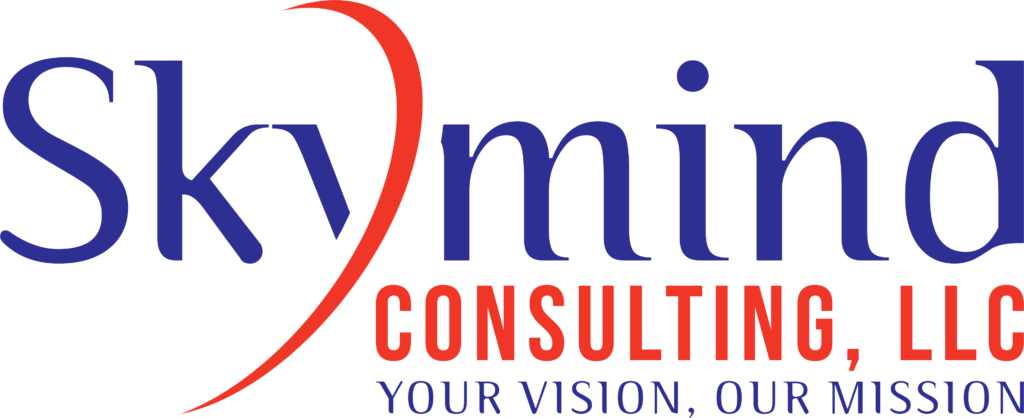Performance management is a crucial tool for any organization that seeks to improve its operational efficiency and productivity. By clearly defining goals, monitoring progress, and offering consistent feedback, performance management helps align individual and team efforts with the overall business objectives. With a structured performance management process, organizations can identify inefficiencies, address performance gaps, and implement the changes needed to improve their operations.
This blog outlines how effective performance management can directly contribute to improved organizational efficiency, from goal alignment to fostering employee development. By focusing on clear communication and continual performance assessments, businesses can ensure their teams are performing optimally and working toward the same objectives.
H2. How Does Performance Management Align Individual Goals with Organizational Objectives?
A core function of performance management is the alignment of individual employee goals with the broader goals of the organization. This alignment ensures that every team member knows their role in achieving the company’s larger mission. When individual objectives are set in line with organizational goals, employees have a clear understanding of how their work contributes to the overall success of the company. This clarity increases motivation and helps individuals focus their efforts on the most important tasks.
By monitoring progress through regular performance reviews, businesses can make adjustments where necessary and ensure that their goals remain in sync with the company’s strategic direction. Performance management also enables organizations to track individual progress, identify roadblocks, and allocate resources effectively. This ongoing process of evaluation and adjustment keeps the business on track and maximizes productivity.
H2. How Does Regular Feedback Improve Organizational Efficiency?
Regular feedback is vital for organizational efficiency as it keeps employees engaged and focused on improving their performance. When employees receive continuous feedback, they can quickly correct mistakes or refine their approaches. Without regular assessments, employees may continue down the wrong path, leading to wasted time, effort, and resources.
Feedback doesn’t only focus on identifying weaknesses; it also emphasizes strengths, providing employees with the information they need to continue excelling in their roles. Constructive feedback allows organizations to highlight areas for improvement and offer guidance on how to overcome challenges, improving overall team performance. This ongoing communication fosters a culture of accountability and ensures that employees have the support they need to stay productive and aligned with company goals.
H2. What Are the Key Components of an Effective Performance Management System?
- Clear Goal Setting: Establishing precise, measurable goals ensures that everyone in the organization understands what they need to achieve. By setting clear objectives, employees can focus on the most important tasks, driving efficiency and reducing the likelihood of wasted effort.
- Continuous Feedback: Regular feedback is crucial for identifying strengths and areas for improvement. Feedback allows employees to adjust their approach early, improving their performance over time.
- Performance Tracking Tools: Performance management systems that include tracking tools help organizations monitor progress in real-time. These tools provide data on employee performance, enabling managers to identify inefficiencies and take corrective action when necessary.
- Employee Development Opportunities: A performance management system that includes training and development programs ensures that employees continue to grow in their roles. This investment in skill development reduces performance gaps and fosters long-term organizational efficiency.
- Data-Driven Performance Reviews: Performance reviews that are backed by data provide an objective basis for evaluating employee performance. These reviews can identify patterns, reveal trends in performance, and help in making decisions about promotions or resource allocation.
H2. How Does Employee Development Impact Organizational Efficiency?
Performance management systems that include employee development initiatives directly impact organizational efficiency by closing skill gaps and fostering a more capable workforce. When employees are given opportunities for growth through training programs or career development plans, they acquire new skills that allow them to perform their tasks more effectively. A well-trained workforce can handle a greater range of challenges, which leads to smoother operations and less reliance on external resources.
Moreover, performance management identifies high-potential employees, allowing organizations to invest in their development. By nurturing these employees, organizations not only ensure they have a skilled workforce but they also increase employee retention rates. When employees feel their growth is supported by the organization, they are more likely to remain committed and contribute positively to the company’s success.
H2. Streamline Your Performance Management with Skymind!
Skymind Consulting specializes in optimizing performance management systems to drive organizational efficiency. With our deep expertise in performance management strategies, we help businesses establish clear goals, provide regular feedback, and use data to improve team performance. We offer customized solutions that align your performance management practices with your company’s objectives, helping you achieve greater efficiency and productivity. Skymind Consulting works closely with organizations to implement streamlined and effective performance management processes. Whether you need to establish new systems or improve existing ones, Skymind Consulting is committed to helping you improve your organizational performance. Contact us today to learn how we can assist you in refining your performance management approach and achieving your business goals.

